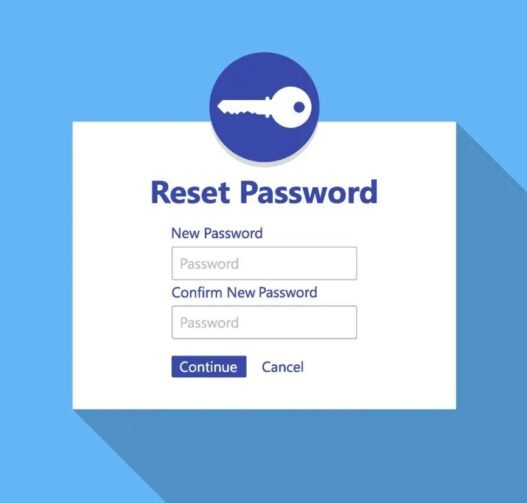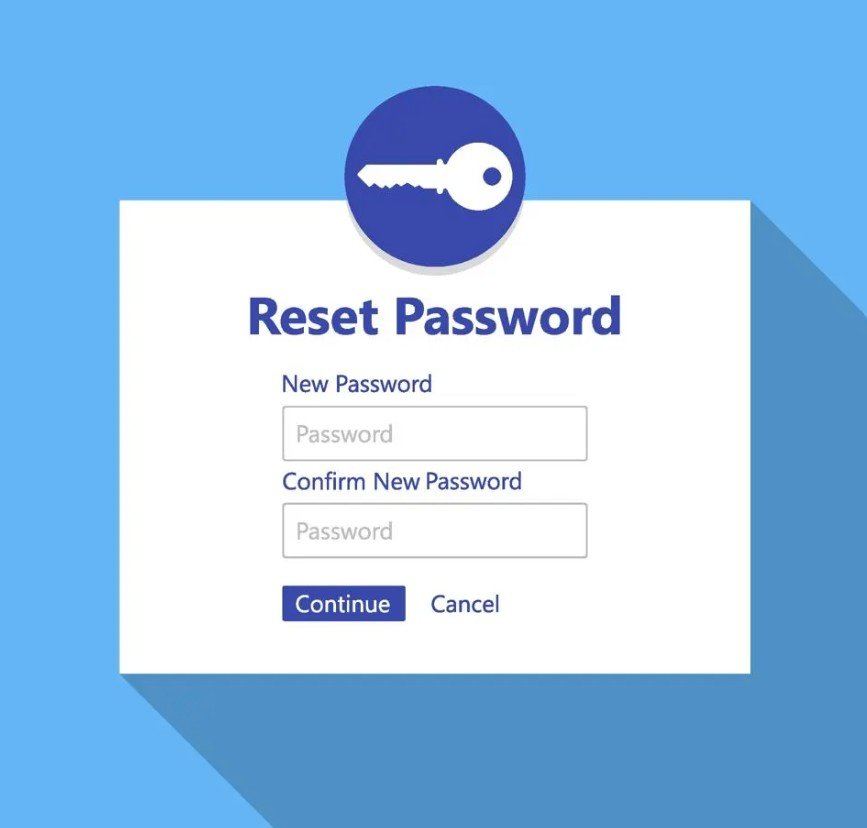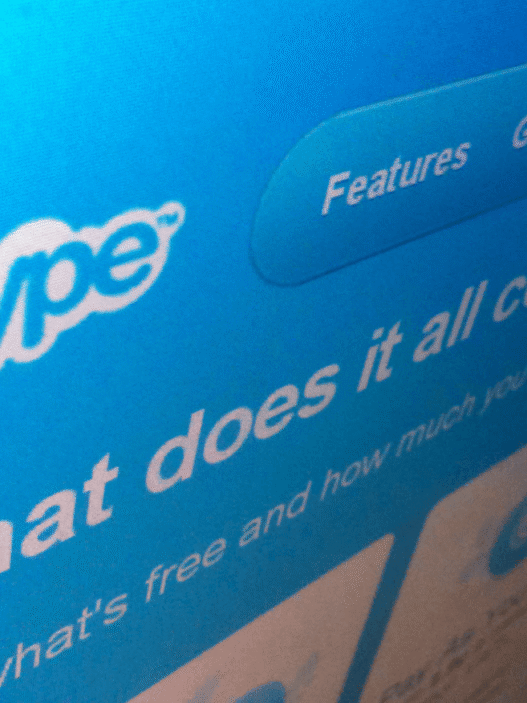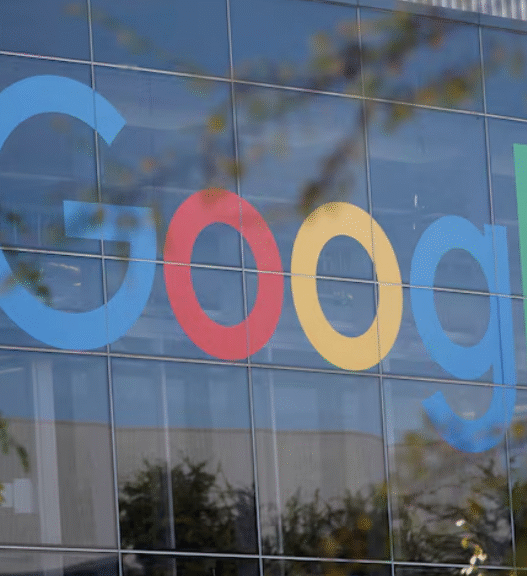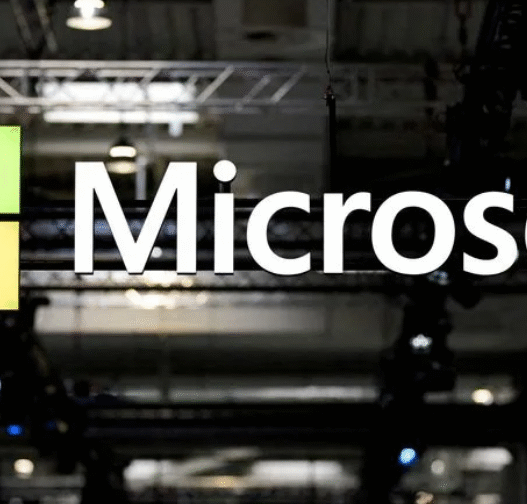Shocking Password Leak Confirms Global Cybersecurity Crisis
Updated May 5, 2025 — A massive new leak has exposed over 19 billion passwords online, raising alarms across the cybersecurity world. The breach, confirmed by the Cybernews research team, includes credentials leaked over just 12 months from April 2024, linked to 200 separate security incidents.
This massive dataset contains only credentials tied to email addresses, all of which are publicly accessible to hackers in criminal forums — not outdated wordlists like RockYou, but fresh, dangerous data. It signals an urgent wake-up call for internet users and security experts alike.
For the latest tech and cybersecurity updates, visit 1stnews24.com.
Why These Passwords Are So Dangerous
Of the 19,030,305,929 compromised passwords, only 6% were unique. That means 94% were reused, often across multiple services — a dream scenario for cybercriminals who rely on credential stuffing and brute force attacks.
Additional findings show:
-
42% of passwords were just 8–10 characters long
-
27% used only lowercase letters and numbers
-
Common default passwords like “admin” (53M times) and “password” (56M times) are still widely used
Expert Advice: What You Can Do Right Now
According to Neringa Macijauskaitė, an information security researcher at Cybernews:
“The default password problem remains one of the most persistent and dangerous patterns in leaked credential datasets.”
She urges users to:
-
Avoid using simple or default passwords
-
Never reuse passwords across platforms
-
Use password managers to generate complex, unique passwords
-
Enable multi-factor authentication (MFA) wherever possible
Attackers actively scrape fresh data from info-stealer malware and cracked password dumps to power real-time credential-stuffing attacks — often bypassing traditional security systems.
An Open Letter Calls for Industry-Wide Action
Paul Walsh, CEO of MetaCert and co-founder of W3C’s Mobile Web Initiative, has written an open letter to the cybersecurity industry. His frustration is clear: despite billions spent on email and endpoint protection, SMS phishing remains largely unprotected.
“Every phishing message was still delivered,” Walsh said after a March 2025 SMS phishing test involving major carriers like Verizon and T-Mobile. “None were blocked, flagged, or rewritten.”
Walsh argues that since most phishing now targets mobile rather than email, the industry must urgently shift focus to protect SMS infrastructure.
“Unless the cybersecurity industry treats SMS security as seriously as email, we’ll continue to see user passwords compromised on a massive scale,” he warned.
Final Thoughts
With 19 billion passwords leaked online, the risk of identity theft, financial fraud, and corporate breaches has never been higher. This is a call to action — not just for tech companies, but for every user.
Stay informed. Stay secure. And always use strong, unique passwords.









